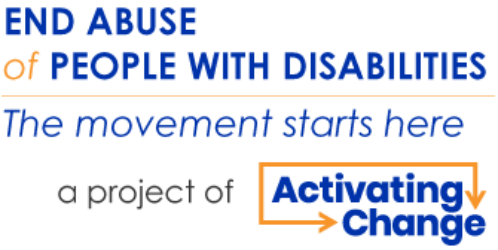One Year Later: Reflections on Sustaining Services for Survivors with Disabilities During COVID-19
The past year has brought unprecedented challenges and evolving landscapes for all of us. For those who were already underserved – such as survivors with disabilities – COVID-19 amplified the barriers that exist to have their healing and justice support needs met, and further increased their experiences of isolation. Providers have leveraged their creativity, flexibility and relationships to adapt and ensure that survivors with disabilities were able to sustain services during this difficult time.
In this panel discussion, participants will hear from providers on the strategies they used to sustain services to survivors with disabilities during the COVID-19 pandemic. Panelists will also explore the enduring challenges survivors with disabilities face as this health crisis continues, and their hopes for the future.
